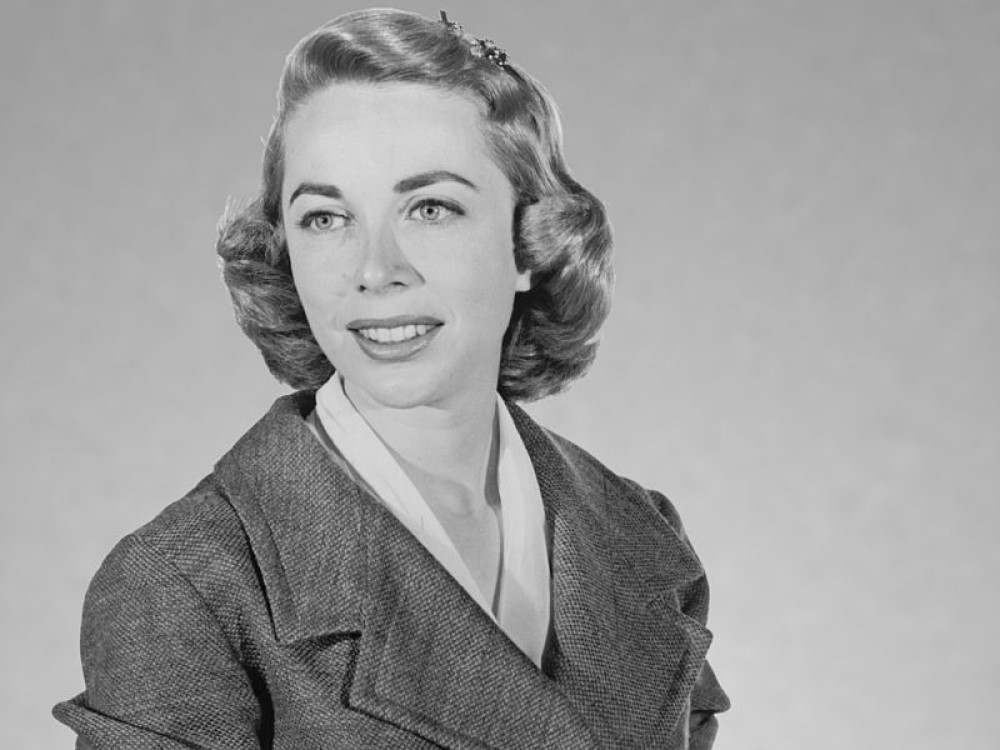
During a public career spanning nearly six decades, Dr. Joyce Brothers made the incredible journey from housewife to celebrity quiz show contestant to the nation’s most popular psychologist — ministering to America’s collective psyche via TV, radio, and print media. In 1955, she gained fame by becoming the first woman ever to win the game show, “The $64,000 Question,” on which she appeared as an expert on the sport of boxing, an expertise that seemed unusual for the petite woman who also held a Doctor of Philosophy in psychology. Her instant celebrity status led to a television show of her own, as well as radio programs, and syndicated newspaper and magazine columns. Much of her popularity stemmed from her engaging on-screen presence and willingness to talk frankly and accurately about taboo subjects, such as sexual fulfillment and infidelity. Numerous groups recognized Brothers for her strong leadership as a woman, and she was given an honorary degree from Franklin Pierce college in 1969.
A highly precocious student, Brothers graduated high school at 16 and entered Cornell University, years younger than her classmates. She had been encouraged by her parents (both attorneys) to pursue an active intellectual life, advice that proved to be tremendously helpful at college. Brothers excelled, both socially and academically,. becoming a member of Sigma Delta Tau sorority, double-majoring in home economics and psychology, and graduating in 1947 with a Bachelor of Science with honors. She was only 19. Of note, it was during her Cornell years that Brothers first developed a strong interest in psychology, setting the tracks for her pioneering career.
After graduation, Brothers maintained a lifelong attachment to her alma mater and was honored in numerous ways. In 1988, she was selected to be the convocation speaker for Cornell's graduating class. In 1998, she delivered the prestigious Olin lecture at her Class Reunion. Later, the Cornell community was pleased to acquire the Joyce D. Brothers Papers: a sizeable and essential set of reference materials that includes correspondence, subject files, letters received, contracts, awards, and photographs, among other documents. The priceless archive dates from 1955-2005 and will continue to provide insight and inspiration for Cornell students.
